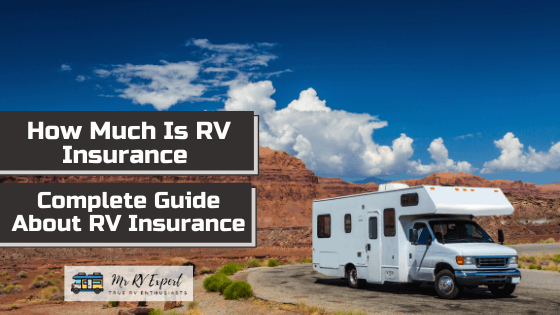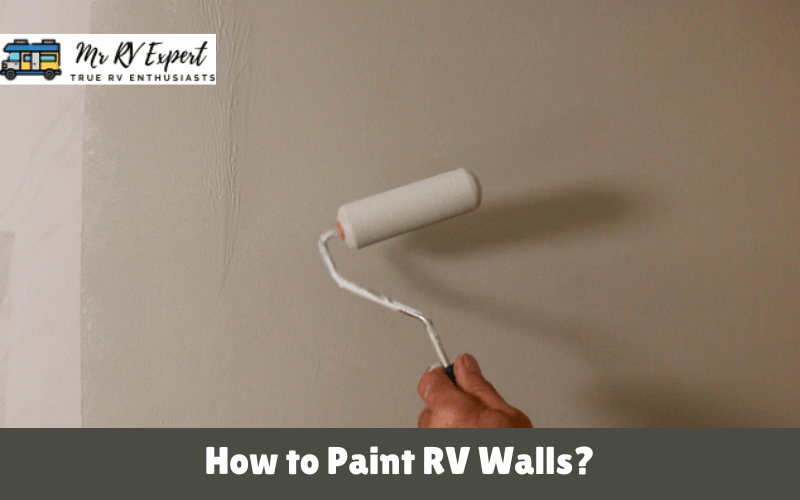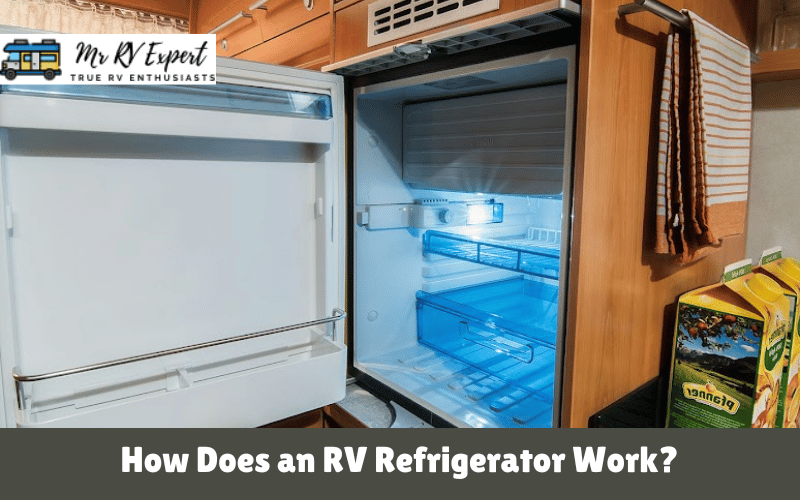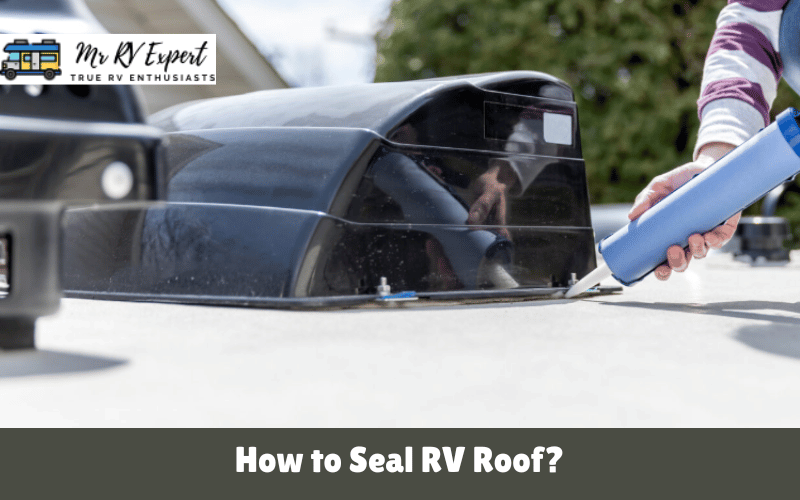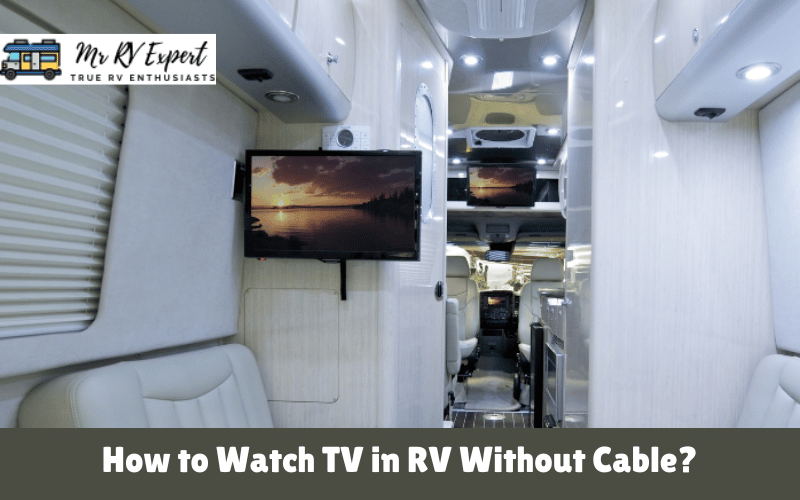Buying an RV is a significant investment. Many people choose to live in it for their entire lives because it offers the comforts of a small home along with all the necessary amenities. Just as we insure our houses, it is important to insure our RVs as well. An RV is a vehicle that is used for traveling around the world, and various incidents can occur at any time. Therefore, having RV insurance is crucial. The question of how much RV insurance costs is often on the minds of new RV owners.
There are some differences between RV insurance and insurance for regular vehicles. RV insurance is more akin to home insurance, as it offers a comprehensive package. There are several coverage options to choose from in an RV insurance policy. These options include coverage for total loss, replacement of personal property, emergency coverage, and more. Since RVs are meant for hitting the road and enjoying outdoor life, having insurance provides peace of mind in case of accidents or other losses. In this article, we will provide detailed information about RV insurance.
Table of Contents
The Full-Time Cost of RV Insurance
When deciding on an RV insurance policy, it is essential to consider the total price you will need to pay. The cost of RV insurance depends on its usage. If you plan to live in your RV permanently, the coverage will be similar to that of a home, encompassing the full cost. However, if you intend to use the RV only for weekends or vacations, the pricing will differ. Full-time RV owners typically face higher insurance costs compared to those who use their RVs for travel purposes only. Insurance companies often charge substantial amounts for individuals choosing to live in an RV permanently due to the increased risk involved. Additionally, RV insurance premiums are influenced by various factors such as optional packages, driving habits, and personal records.
Classifications of RV
RVs insurance is based on its type. Here we divide types of RV into two categories according to coverage, premiums of the RV, etc.
1) A Class Type
This category includes the most expensive RVs, also known as Motorhomes. Insurance for gas-powered RVs in this category typically ranges from $1,000 to $13,000 per year. Additionally, the payment is based on the total number of days the RV is used each year.
2) B Class Type
All the B-class recreational vehicles included in this category including minivans, campers and trailers etc. RV under this category will have standard insurance policies. Also, category B has to pay annual premiums the same as category A with an auto policy. The insurance policy will cover common factors such as driving habits, coverage type, location, and other records, etc. the rates of insurance policy will be varied according to the characteristics you choose.
3) C Class Type
Mid-sized vehicles are included in this category. Most of the vehicles of class C required a sleeping area, which extends the insurance payment. Usually, the cost covers usage, average, annual premiums, etc. the approximate cost is 800$ to 1000$ per year.
4) Miscellaneous
This category encompasses fifth-wheel vehicles, including trailers with attached hitches, and similar options. These trailers offer a more affordable payment structure. Premiums are determined based on factors such as the vehicle’s age, size, and usage. Additionally, the policy provides basic coverage and premiums, among other features. The total cost of payment typically ranges from $200 to $1000, although this amount may vary depending on whether the trailers are used or new, among other factors.
Which Factors Can Affect The Insurance Cost?
Insurance policy has different costs, which can be varied according to the various aspects described in the section below.
1) Type of Vehicle
The market offers a wide range of vehicles, and the insurance policy you obtain depends on the specific type you choose. For example, the model and original cost of your RV will determine the insurance premium you will pay.
2) Age And Condition
The cost of an insurance policy for RVs can vary depending on whether it is new or older, as many people opt for second-hand RVs for travel while others choose new ones. This difference in value is primarily due to the wear and tear experienced by the vehicle over time.
3) Experience
There are notable distinctions between driving a standard vehicle and an RV. RV drivers need to familiarize themselves with factors such as height restrictions, bridge clearances, and maneuvering around corners and tight spaces. The level of experience in operating an RV directly impacts the potential risks encountered on the road, which in turn affects the cost of insurance policies.
4) Accidents And Traffic Rules
Your driving history plays a significant role in determining your insurance costs. If you have a record of multiple accidents, you can expect to pay higher insurance premiums. Therefore, insurance companies take into account your accident history when calculating the cost of your insurance policy.
5) Living Area
The policy takes into account the location where you choose to reside. If you happen to live in mountainous regions or areas prone to adverse weather conditions, the insurance company will adjust the cost accordingly to reflect the increased risk associated with such living areas.
6) Traveling
If you purchase an RV primarily for traveling, the insurance policy should also be adjusted accordingly. The frequency of your RV usage and the distance you plan to travel will influence the risk rate, resulting in potential variations in the insurance coverage needed.
7) Claims
The insurance policy thoroughly examines all the lawsuits you have filed. For instance, if you have taken legal action against companies’ methodologies for handling issues, it may result in higher costs for you.
States With a Higher Rate of Insurance Cost
Certain states have higher insurance costs compared to others for various reasons. For example, Michigan tops the list with the highest ratio of insurance costs primarily due to covering personal injury expenses. The average annual cost in Michigan is approximately $4,490. Louisiana follows closely in the second position, with an average cost of around $2,912 per year. These variations in insurance rates are primarily influenced by state laws, leading to differences across states.
Conclusion
Acquiring an RV presents a unique experience as individuals utilize it for diverse purposes, leading to variations in insurance policies. This article aims to furnish insights into the cost of RV insurance policies, encompassing a comprehensive range of factors.
[kkstarratings]
